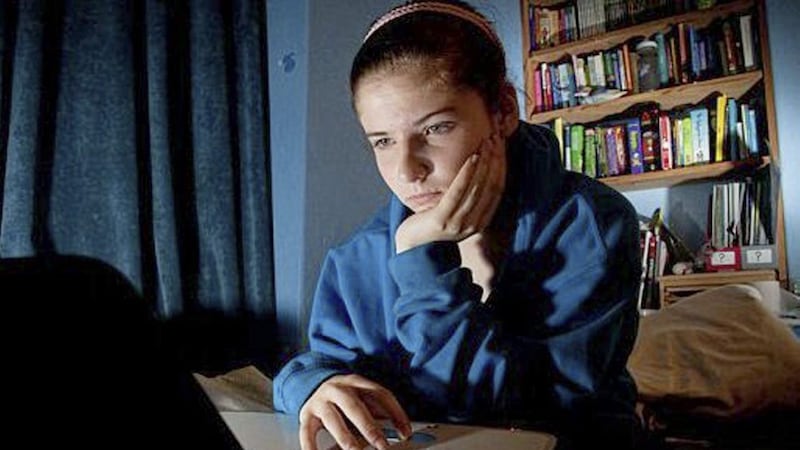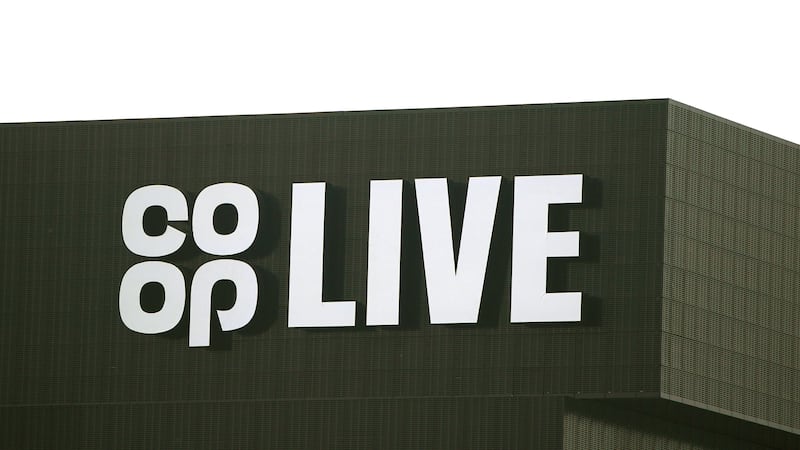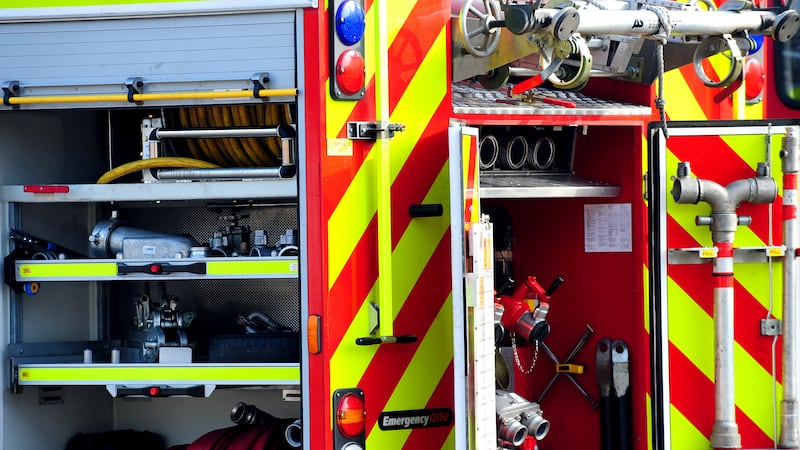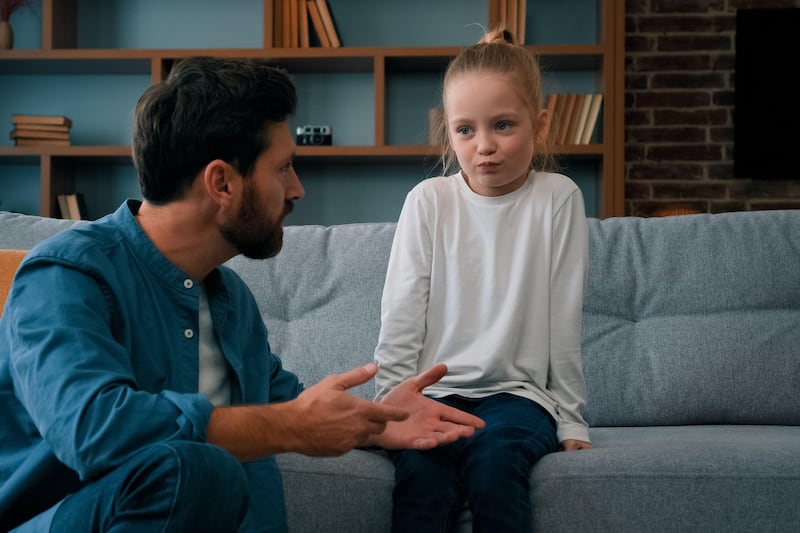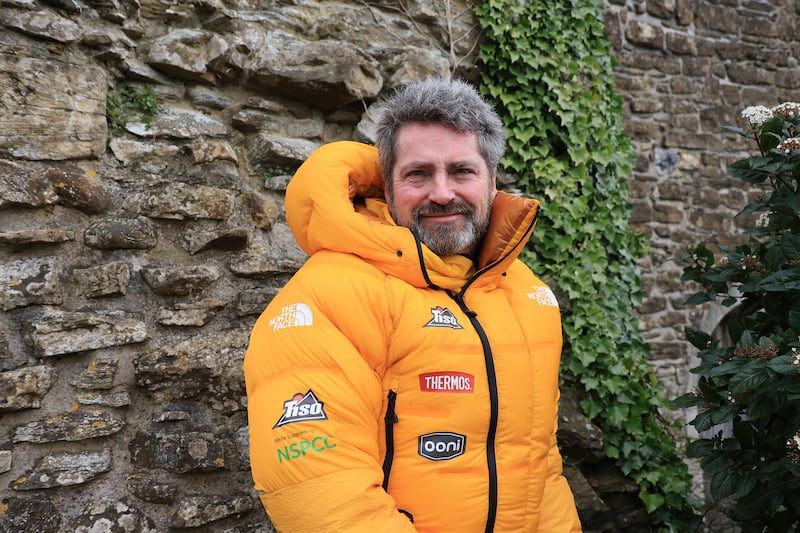THERE has been a 28 per cent increase in recorded online child sex offences across the north, a child protection charity has claimed.
Figures obtained from the PSNI by the NSPCC show that there were 178 offences recorded in the last financial year, compared to 139 in the year to the end of March 2016.
This is the second year PSNI has been required to record - or 'cyber flag' - any crime that involved the internet.
The figures have prompted the NSPCC to urge the next UK government and Northern Ireland Assembly to make child online safety a top priority and introduce measures to tackle the issue.
Measures suggested by the charity include the establishment of an independent regulator to hold social media companies to account and fine them where they fail to protect children.
They have also called for minimum child safeguarding standards for internet companies to be introduced and default security settings to be automatically installed on social media accounts for children.
NPSCC chief executive Peter Wanless, who is visiting Belfast today, said the figures confirm fears that offenders are exploiting the internet to target children.
"Children also tell our Childline service that they are being targeted online by some adults who pose as children and try to meet them, or persuade them to perform sexual acts on webcams, before blackmailing them," he said.
"This terrifies them and can leave some feeling worthless, depressed, and suicidal. We cannot idly sit by knowing that more and more innocent young people are being harmed online.
"Today’s worrying data leaves the Northern Ireland Assembly and the next UK government with no choice but to urgently address this issue.
"We are calling on them to force internet companies and social media sites to adhere to rules that keep their young users safe."
Throughout the 2015/16 financial year, Childline undertook more than 3,700 counselling sessions relating to online sexual abuse.
The charity has also released several examples of accounts given to them by children who were targeted online for these purposes.
"There’s this guy sending me disgusting messages online," one 12-year old girl said.
"He started off being really nice and giving me loads of compliments but now all he talks about is how he wants me to do sexual things for him.
"I’ve seen a photo of him and he’s definitely a lot older than what he said he was so the whole situation is making me really uncomfortable."
In February, the NSPCC held several safety workshops in Derry in order to highlight the dangers of online sexual abuse against children as part of an awareness campaign.
